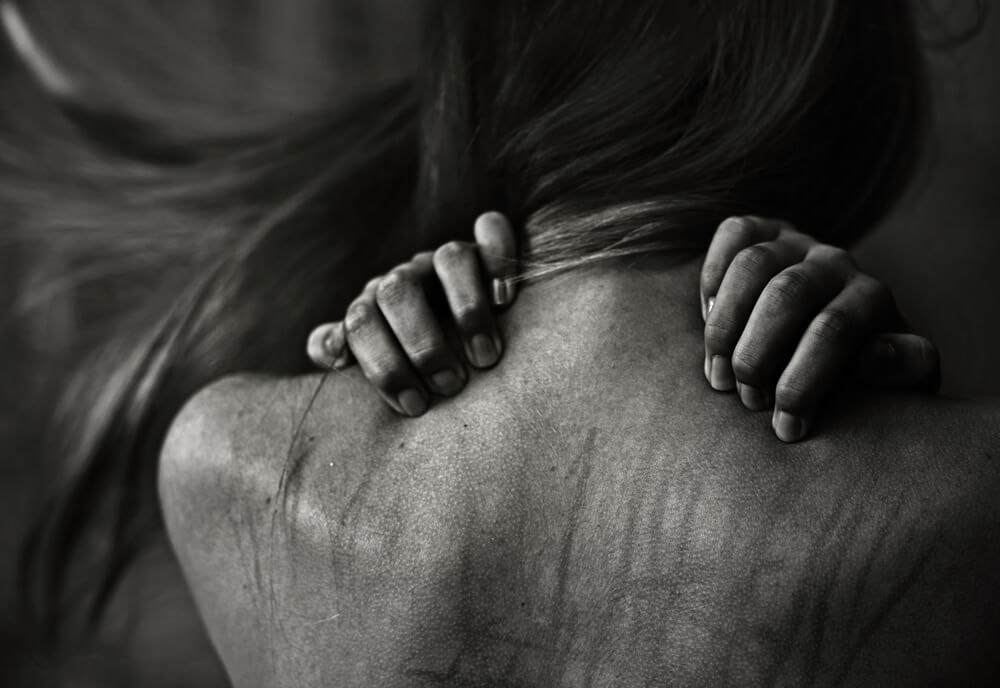Not all abuses are physical. There is another type of abuse that is also very common: psychological violence, psychological abuse and anxiety have a significant relationship, as it is a common consequence that occurs in people who were part of abusive relationships.
This type of abuse has serious and significant consequences for the person with it, in this article we will examine how psychological abuse and anxiety are related, and the effects they can unknowingly cause.
“Violence, in any form that manifests, is a failure. “Jean Paul Sartre-
Psychological abuse is the term used to define the behaviors a couple uses to hurt, control, manipulate, or scare their partner.
Emotional abuse is an abuse of a person’s emotions, without physique. However, there are more subtle forms of psychological abuse that can occur in relationships, making it difficult to see when it happens.
Clearer forms of psychological violence include
Other, much more subtle ways to emotionally abuse others include:
It is necessary to be clear that few people can say that they have never emotionally abused their partner (or their children, parents or others), but if these behaviors occur frequently and affect how you or your partner thinks, feels or acts, you may find yourself in an emotionally violent relationship.
Emotional abuse should not cause physical bruises or expose the person to serious physical injury; however, the effects of emotionally abusive relationships are relevant and can have lasting emotional consequences.
People who find themselves in an emotionally abusive relationship may feel that they are worthless, as their relationship can undermine their self-esteem and self-confidence. They may also be sad or depressed and may even feel pain for no apparent reason. you may feel lonely or think you’ll be alone if your partner leaves you.
However, not everyone has these symptoms. We are all different, for example, since psychological abuse can be bilateral (i. e. emotional), it is also likely that the same behaviors will occur on both sides: anger, silent treatment or screaming, among others.
There is also a symptom that tends to extend beyond the relationship and can last a lifetime if not treated: anxiety. In fact, anxiety is perhaps one of the most common symptoms of psychological abuse.
Sometimes anxiety is limited to relationship; in others, it can extend to different situations, such as at work, for example, and can also remain after the end of the relationship.
Psychological abuse often causes anxiety, as it is practically a storm of anxiety-provoking events:
This combination of different issues means that emotional abuse can easily trigger symptoms of anxiety in those who experience it, both short and long term. In more severe cases, it can lead to a combination of anxiety and depression, or even panic attacks.

